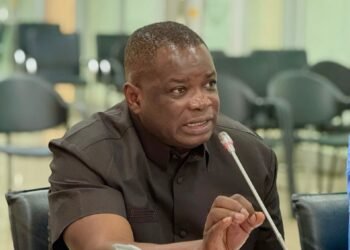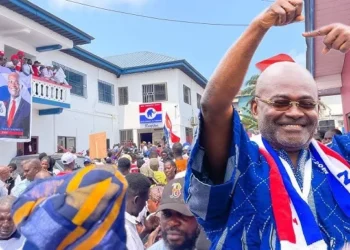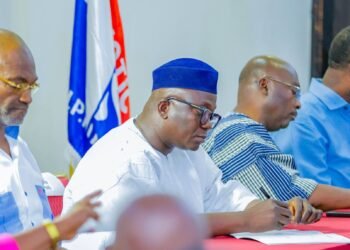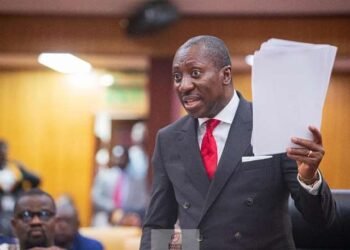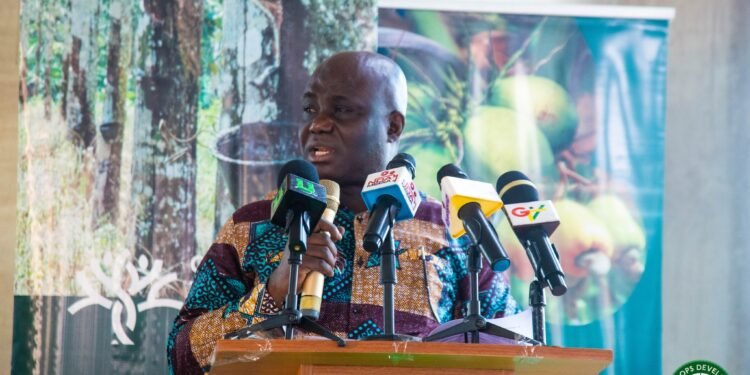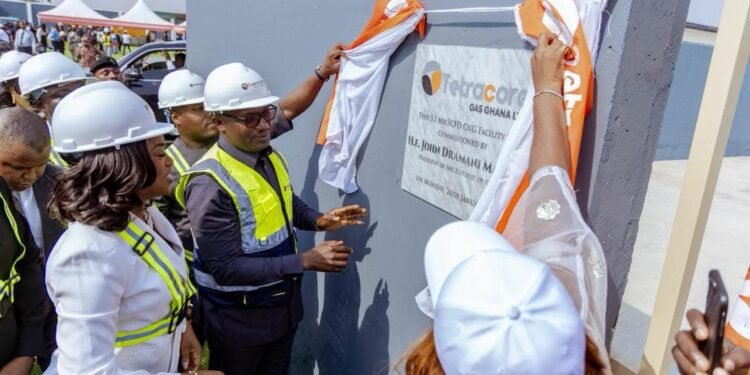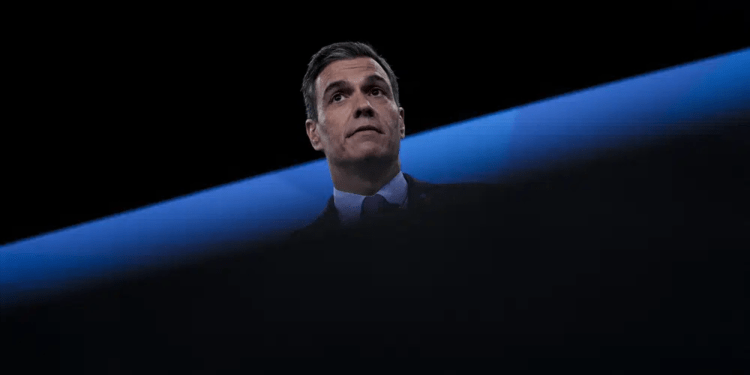Former Tamale Central legislator Inusah Fuseini has renewed calls for accelerated prosecution of corruption cases involving influential public figures, arguing that delays continue to heighten public restlessness and weaken national resolve in the fight against graft.
His interview remarks reflected growing public attention on the Office of the Special Prosecutor (OSP) ahead of the scheduled arraignment of eight individuals, including former Finance Minister Ken Ofori-Atta, over their alleged roles in the Strategic Mobilisation Limited (SML) revenue assurance contracts.
The former MP insisted that Ghana cannot make meaningful progress against corruption without ensuring timely accountability for politically exposed persons, stressing that the current slow pace of justice creates the perception of impunity and reinforces long-standing frustrations generated during the previous administration.
Speaking about the urgent need to reinforce deterrence, he offered a blunt assessment of the present mood among citizens.
“Until high-profile persons are prosecuted and convicted, others will not learn. The OSP must understand that the restlessness of Ghanaians is based on what they have seen before”
Inusah Fuseini, Former Tamale Central MP
Fuseini’s criticism of the prolonged timelines in corruption trials included a renewed call for the reintroduction of fast-track courts. He argued that such specialised courts would steady public confidence by ensuring that complex corruption-related cases, which often involve extensive financial documentation and legal manoeuvring, are handled without unnecessary delays.

For him, the effectiveness of Ghana’s anti-corruption institutions depends not merely on investigative competence but also on the courtroom speed needed to translate accusations into outcomes.
Fuseini believes the country’s judicial system “must adapt to confront the sophistication and determination of individuals accused of corruption.”
He maintained that influential suspects often possess “vast resources,” to mount elaborate defences, stretching cases for years and contributing to a cyclical erosion of public trust. By proposing fast-track courts, he positioned judicial reform as central to strengthening institutional capacity and reasserting national commitment to accountability.
“I think we need to revisit the establishment of fast-track courts,” he said, explaining that the drawn-out nature of high-profile trials risks normalising misconduct, particularly when cases involving powerful individuals appear stagnant.
Without structural changes, he warned that public scepticism toward the anti-corruption agenda could deepen, even as the OSP faces mounting pressure to deliver results.
The Ofori-Atta, OSP Dynamic
Among the cases drawing the sharpest public scrutiny is the SML revenue assurance matter, in which the OSP has filed seventy-eight charges against eight individuals.
The announcement that the group – including former Finance Minister Ken Ofori-Atta – will appear in court on November 24 has reignited debates about political accountability and the challenges of securing cooperation from high-profile suspects.
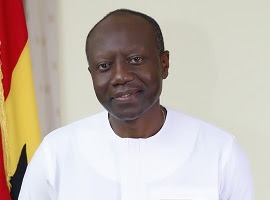
Fuseini criticised Ofori-Atta’s continued stay in the United States, arguing that citing medical treatment should not shield him from answering charges at home – questioning why a public official who maintains innocence would not return voluntarily to clear his name and dispel public suspicion.
“Ofori-Atta is running away from accountability. He’s running away from the law. If he has nothing to hide, what prevents him from coming to Ghana? Ofori-Atta has brought this upon himself”
Inusah Fuseini, Former Tamale Central MP
He rejected claims that the OSP erred in allowing the former minister to travel abroad, noting that Ofori-Atta had received formal permission from the then Chief of Staff at a time when he was expected to assist in investigations rather than face direct charges.
Despite his concerns about delays and accountability gaps, Fuseini strongly defended the OSP’s dedication to pursuing corruption cases. He argued that criticism directed at the OSP for this development in the Ofori-Atta case “overlooks procedural realities,” and distracts from the broader need for systemic reform.
He emphasised that the work of anti-corruption investigators is inherently difficult, particularly when suspects possess the financial capacity to secure top-tier legal representation and employ tactics that complicate prosecutions.
In his view, public criticism – though understandable – must not discourage an institution that remains central to Ghana’s long-term governance reforms. “Fighting corruption is a difficult task. The OSP doesn’t need condemnation, but encouragement,” he insisted.
Fuseini’s comments underscore a broader struggle within Ghana’s anti-corruption architecture: the tension between public impatience for swift justice and the procedural complexities that govern criminal prosecutions.

As the country approaches the November 24 arraignment, both the OSP and the judiciary face renewed scrutiny over whether Ghana can deliver credible outcomes in cases involving some of the nation’s most powerful former officials.
As Fuseini warned, unless high-profile prosecutions advance with clarity, coherence, and courage, the national fight against corruption risks stagnation, and public confidence may continue to erode.
READ ALSO: T-bill Undersubscription Trend Persists as Tight Liquidity Chokes Market




